WORKSHOPS
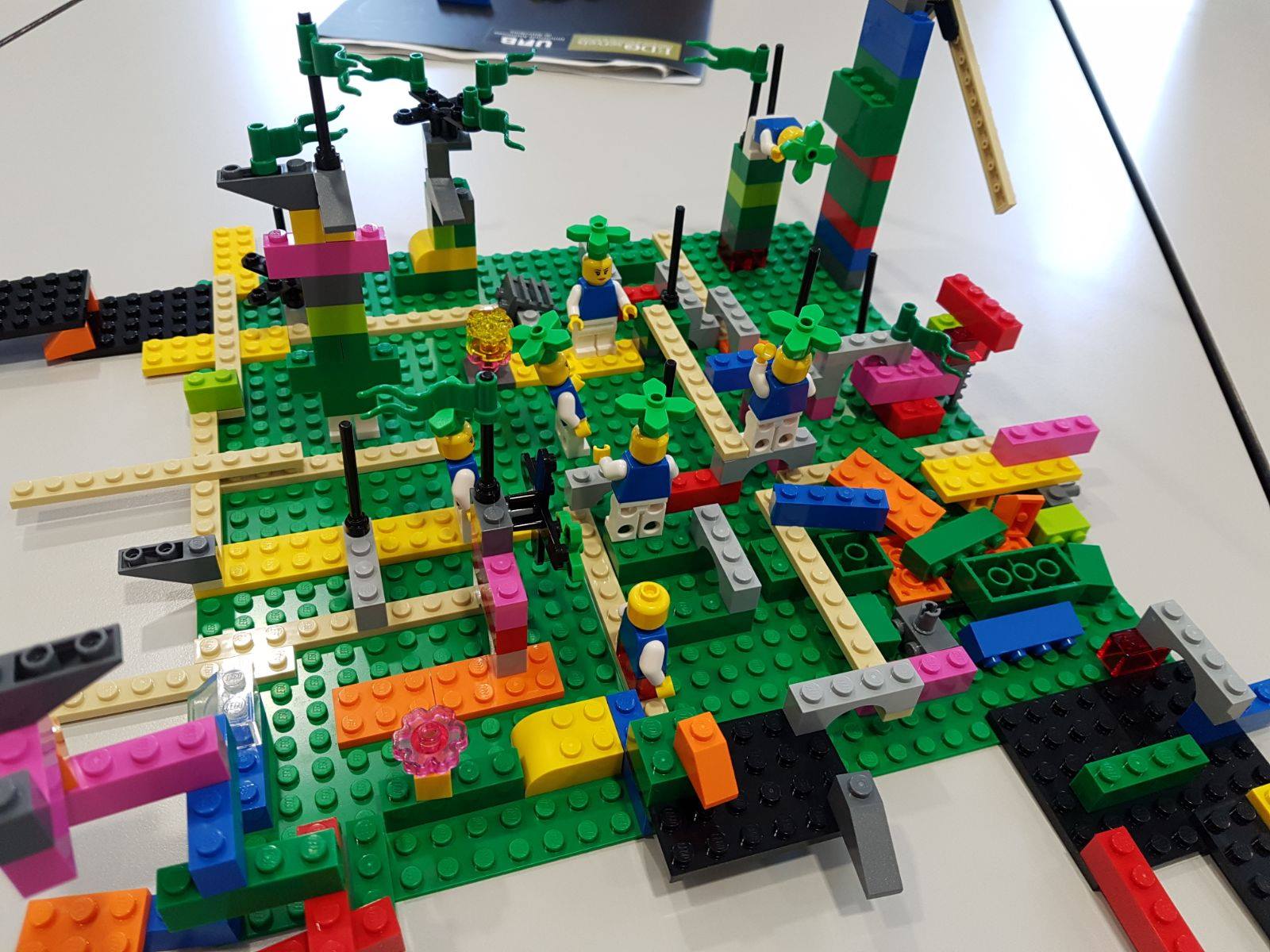
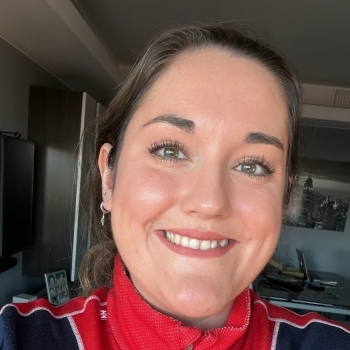
Educators are considered the “backbone” to successfully prepare citizens to take advantage of a globalized and interconnected world. When confinement was established on university campuses and the change from face-to-face to digital assessment became essential, teachers faced a series of challenges and had to adapt their practices immediately. In this scenario, it has been essential to change the pedagogical approach to a more authentic, sustainable and effective one.
Through the D-Eva project “Assessment of practical skills with digital technologies in teacher training”, different products have been developed to help all trainers propose assessment practices that include activities that take advantage of emerging technologies such as simulations, gamification and virtual reality. These solutions are designed to carry out a formative assessment on different practical skills or competencies such as acting in cases of bullying, self-assessment of body language or how to manage time effectively.
In this workshop, participants will test the digital solutions created in the project and learn the key points needed to develop their own solutions with easy-to-access and easy-to-use tools. Through practical and collaborative activities, attendees will be able to experience first-hand how these technologies can transform the assessment of practical skills, making it more interactive, attractive and effective.
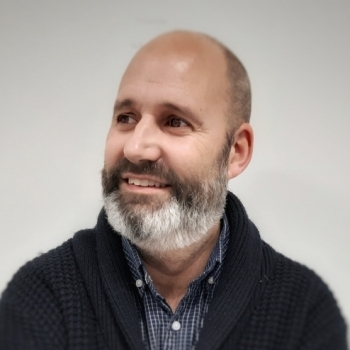
The objective of the workshop is to experiment with a generational change (express) process, defining an action plan for its execution. This will allow participants to understand which variables influence knowledge management in a generational change process and to have a prototype of the process for it.
With this, participants will have small pills of inspiration, spaces for debate and co-creation to work on the following aspects: Knowing the generational change algorithm, Identifying key and critical knowledge, Using IAG for knowledge transmission, Lessons learned and Application of the algorithm.
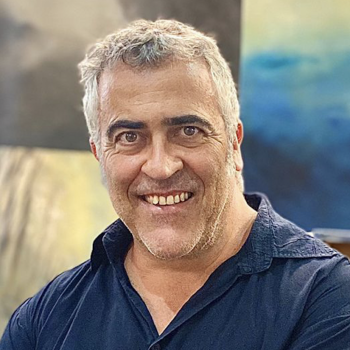
New learning paths, Collective Emotional Intelligence and social participation in the development of professionals and their organizations, on the path to achieving an increasingly important humanization.
The leitmotif will focus on the value of how to use AI, which is preductive, in daily work. Compare it with our intelligence, with our humanity, individual and collective. We will work on social participation in the development of their organizations.
Daniel Berdala explains who he is and why they will work with plastic art as a projective tool.
Being unpredictable, exciting, this is what will differentiate us from machines, from their logarithms. In the end, everything will be the same and we must be different. This value is what we will work on. Being more human than ever.
In an increasingly digital and technological world, it is essential that organizations become aware of the impact of Generative Artificial Intelligence (hereinafter GenAI) on training processes. As a General Purpose Technology, AI has an impact on all areas of activity, affecting the multiple aspects involved in training processes, beyond what happens in the classroom. Consequently, to face the challenges that arise, a systemic approach and thinking at an organizational level is necessary.
There is no doubt that GenAI offers unprecedented potential to improve the quality of teaching and learning. However, its adoption by training institutions implies taking on new challenges and mitigating inherent risks. Knowing, identifying and analyzing these challenges is essential so that management and professionals at different levels and areas of responsibility can make the right decisions to define objectives, develop strategies and take advantage of the innovation opportunities that emerge in this new context.
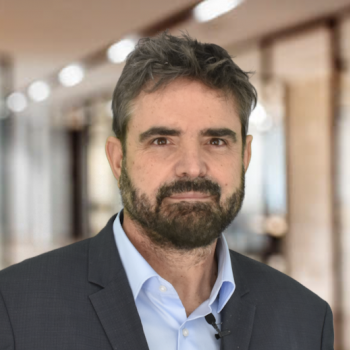

v
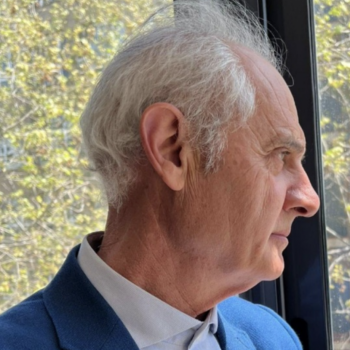

Dramatized workshop on how and why to implement social and situated learning through Communities of Practice
Communities of Practice face significant barriers, such as the difficulty of explaining their benefits in innovation and efficiency to senior management. The simple goodwill of the drivers and distant cognitive frameworks in the organization can be difficult obstacles to overcome.
After 20 years of attempts, the workshop promoters have identified "the right words" that ensure the attention first and the motivation second, necessary to adopt this professional and organizational learning methodology, which is superior to traditional modalities.
The workshop promoters will offer five successful and five unsuccessful role plays, in which participants will be invited to participate in a discussion and then choose their set of right words to test in their organizations.



